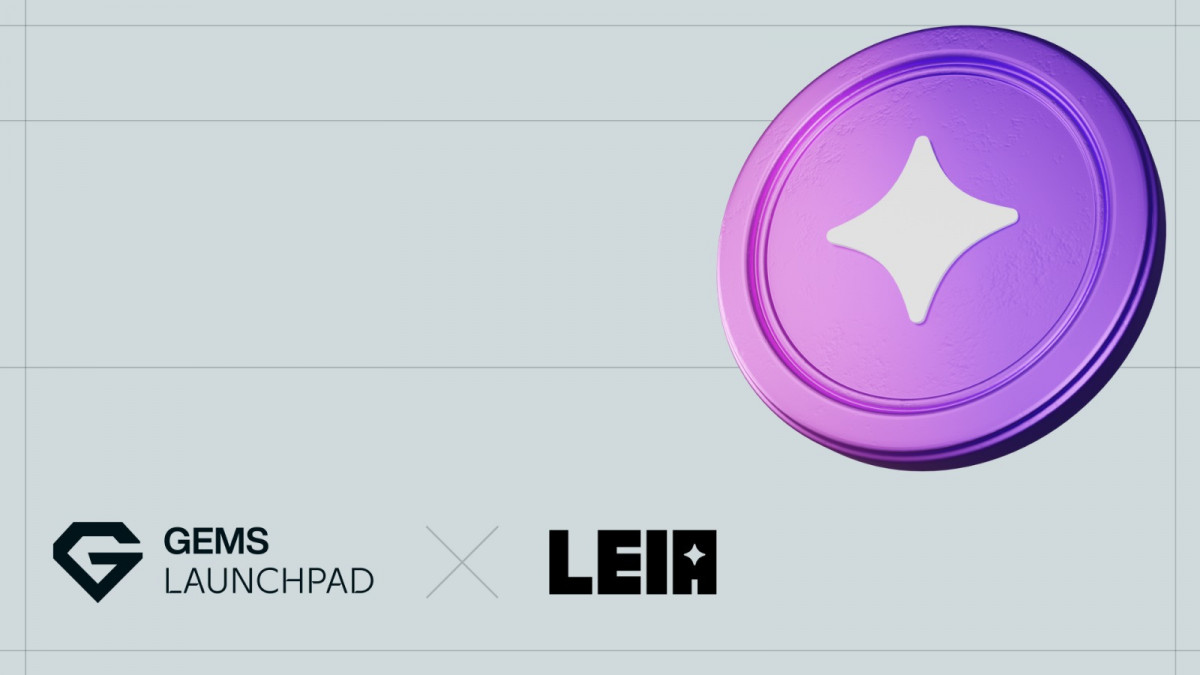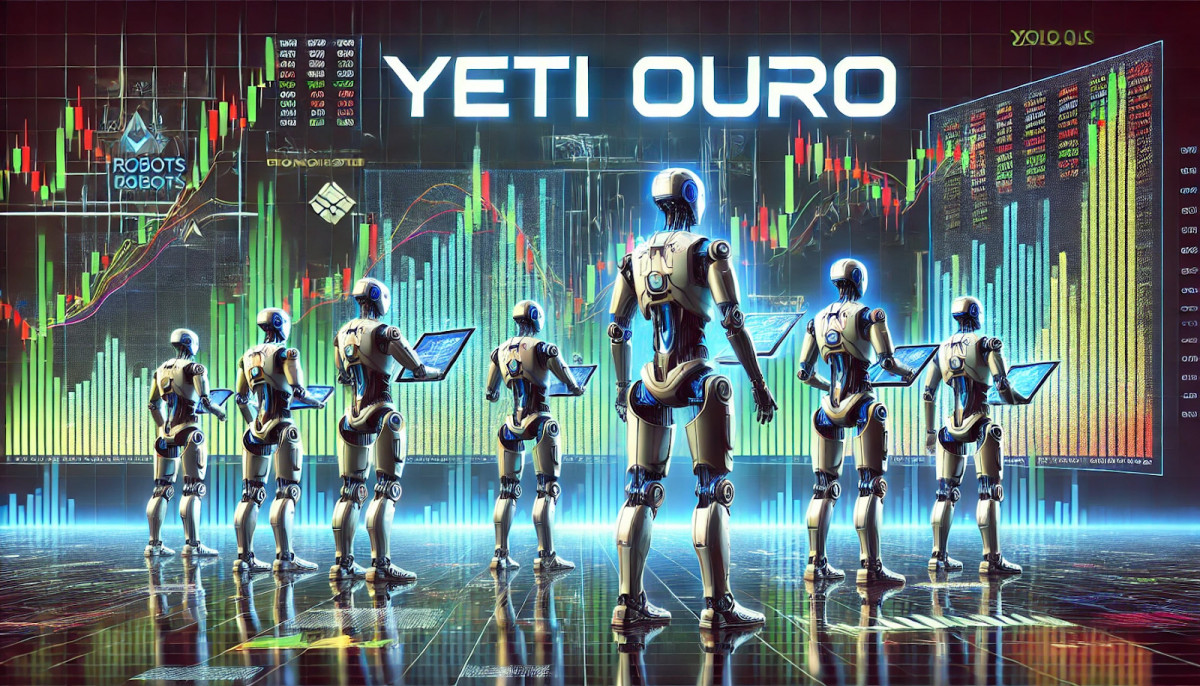Metaverse Cities are online realms created with the innovative technology of metaverse digital twins. These domains have the potential to resolve a variety of real-life issues and provide efficient solutions.
The massive hype around the Metaverse and its benefits has started generating interest among cities worldwide with cities looking to harness the potential of digital twins and its impact on city-wide planning. Several cities have already started Metaverse related initiatives by employing real-time data tracking and creating digital twins. We will be exploring the cities further within this article.
Key Points
- This article aims to provide a complete guide on the Metaverse cities to keep an eye on in 2023.
- A Metaverse City consists of a digital twin of the current city, mapped using tools such as Microsoft Azure.
- This exciting concept allows cities to analyze current performance, test out various scenarios and identify areas for improvement.
- Many cities, such as New York, Santa Monica, Dubai, Shanghai, and Singapore, have embraced Metaverse technology.
What is the Metaverse?
The Metaverse is a shared 3D simulated environment where users can interact with other individuals, explore massive virtual worlds, work, shop, and play. The term was initially coined by Neal Stephenson in his novel “Snow Crash” in 1992, where users were able to access virtual worlds using VR goggles. His vision for the Metaverse also contained digital currencies, and most of what he predicted is happening today.
Most Metaverses have established their virtual economies using different cryptocurrency tokens. By establishing this play-to-earn concept, these Metaverses have equipped individuals with the tools necessary to monetize their creations and have fun.
VR headsets are utilized to experience complete immersion, allowing users to step into a first-person perspective with a 360-degree field of view. Avatars signify an individual’s presence in the virtual realm. Users can fully customize their avatars to look like whatever they’d like.
Metaverse Cities and Digital Twins
As governments begin to realize the massive potential of the Metaverse, several cities are looking to create a “Digital Twin” of themselves in the virtual realm. While the concept of smart cities has been around for a while, the formulation of a digital twin presents numerous benefits.
To work correctly, a digital twin must collect real-time information from the physical city using drones, sensors, mobile devices, traffic cameras, and more. Using tools such as Microsoft Azure, creating digital twins is much easier as it allows the use of IoT, AI, and detailed analytics.
The processing algorithms quickly provide historical data and real-time information about the city. This enables the digital twin to become an excellent strategy tool for cities to optimize operations, plan future developments and finances, adopt a greener approach, and more.
Facilitating Strategic Decision Making
Several cities, such as Amaravati, Singapore, and Sydney already utilizing digital twins to facilitate their strategic decision-making. It is important to note that Metaverse cities are highly detailed, so the data covers all components, such as road networks, communications, electricity grids, water systems, and more. This helps immensely with urban planning as it helps discover how to maximize power efficiency, implement better transportation through road planning, reduce emissions, etc.
Helping with City Expansion
For example, KSA and UAE are currently planning a massive expansion in the middle east with new neighborhoods and large urban areas containing hotels, large skyscrapers, and more. Planning for this type of rapid expansion can be tricky because it needs to be implemented all at once rather than slowly over time. Everything ranging from the water supply to public stops, roads, and traffic planning, needs to be decided in advance with zero margins for error.
By implementing an intelligent Metaverse City-based approach, these countries can use digital twins to plan strategically and carefully evaluate all the risks of a project of this size.
Cities can also run strategic tests on their digital twins by simulating unforeseen disasters such as earthquakes, massive thunderstorms, and high temperatures. The digital twin will help them determine if their city can withstand different situations.
Difference Between Metaverse Cities and Lands
In the Metaverse, land refers to a specified area that can be purchased and built using 3D development tools. Users of the Metaverse can also purchase these “land parcels,” mint them as NFTs, and can resell them for higher prices. In contrast, Metaverse cities are digital twins of real-life cities that are owned by a single entity. These cities are utilized for strategic planning and decision-making, as identified in the section above.
Blockchain and other Web3 technologies will enable cities to reduce energy consumption and address scalability and security issues. This exciting concept can help revolutionize the entire concept of Urban planning.
Read Also: How to Buy Land in the Metaverse: A Complete Guide
8 Metaverse Cities to Watch Out For in 2023
Some of the most popular include:
London (3D Metaverse City)
Using spatial mapping technology powered by Nextech’s ARway, the City of London is now being mapped in 3D. The software development kit maps the physical environment within minutes, thus providing incredible location-based AR experiences. This opens up a new realm for AR advertising, AR Portals, and Holograms in the future. London is also the central hub for crypto-related gatherings and conferences.
New York City (Urban Transportation Twin)
Columbia University started the Hybrid Twins for Urban Transportations project in 2021 to create digital twins of various key New York City locations. The city uses real-time data obtained through sensors placed at various locations. The project aims at using machine learning to optimize the flow of traffic at key intersections.
Read Also: NYXL Gives New York City an Upgrade with Their Metaverse Community
Tokyo (Streets Digital Twin)
The Tokyo government announced in 2021 that they would commence the creation of digital twins to replicate the busy streets of Tokyo in the virtual realm. By utilizing different sensors throughout the city, they project calculated conditions for wind, traffic, sunlight, and more. The government stated that the project would be fully realized by 2030.
Seoul (Full Metaverse City)
The capital of South Korea, Seoul, is one of the most recent Metaverse cities to announce their interest in creating a digital twin. The initial budget for the initiative has been announced as 3 million dollars. The goal is to replicate significant tourist attractions and social hubs in the virtual Seoul world.
The introduction of Metaverse Seoul is a component of Mayor Oh Se-Seoul hoon’s Vision 2030 goal to establish Seoul as a market leader in the emerging city sector. Residents can use VR goggles to interact with the replicas of their elected leaders in the Metaverse. In the digital environment, residents will also have the option of visiting attractions and attending activities.
Beginning in 2023, the city intends to provide additional services in the Metaverse, such as its Seoul Lantern Festival. The “entry” phase of the Metaverse Seoul project will begin in 2022, followed by “widening” in 2023 and 2024 and “occupation” in 2025 and 2026, according to a five-year carefully planned schedule.
Read Also: Pacific Island Heads to The Metaverse as Rising Sea Levels Endanger its Very Existence
Santa Monica (Metaverse City App)
Santa Monica is another city embracing Metaverse technology to administer public services, interact with residents, and more. It is one of the first American cities to announce its interest in Metaverse technology.
The city is collaborating with FlickPlay to create a play-to-earn game that provides digital collectibles and rewards that can be redeemed at local retailers. FlickPlay is a part of Disney’s accelerator program. The app aims to promote awareness about digital assets by linking the benefits to real-world environments.
People with the app can explore Santa Monica and search for tokens and rewards. This enables local businesses to benefit from incoming traffic. Some rewards provide extra photo filters within the app as benefits.
Singapore (First Digital Twin)
The concept of digital twins was embraced by Singapore in 2014, making it one of the first cities to accept this technology. With Singapore being an island nation, there are rising concerns about the impact of climate change. With the help of digital twin creation, the country could test different weather conditions to analyze whether current arrangements could withstand adverse effects.
An integrated structure is already in place to analyze rising sea levels. By using various sensors, the country has been able to create a digital replica of its world. Apart from accepting the digital twin concept, Singapore is also investing heavily in Metaverse-related startups. NGC Ventures announced a $100 million fund to help boost the growth of Metaverse technology.
Dubai (Metaverse Metro Network)
Besides Dubai’s goal of creating over 40,000 new jobs by attracting Metaverse companies, the thriving city is also looking into starting a digital twin city to facilitate urban planning.
Dubai’s Road and Transport Authority (RTA) has also released plans for several intelligent initiatives. Such as using digital twins to recreate Dubai’s Metro Network. The algorithm combines data gathered over time and provides valuable insights into maintenance schedules. It can also give predictions on how to avoid unforeseen accidents in the future.
Read Also: Dubai Set to Be the World’s First Virtual City in Global Metaverse Launch
Shanghai
Shanghai devised a strategy to utilize the Metaverse for governmental, non-governmental, public, and private reasons over the following five years at the end of 2021.
The city recently announced its interest in utilizing digital twin technology to improve city operations. This is part of China’s five-year plan to use digital twins to improve capacity management.
The technology would enable Shanghai to fully recreate every building, street lamp, water sewerage pipeline, and more. A form of digital twins was also used during the COVID outbreak to limit the spread of the disease.
Will Metaverse Cities Become More Than Just Designers’ Playgrounds
Absolutely! As mentioned in the examples above, Metaverse cities offer various advantages in terms of strategic planning and execution. The digital twins concept caters to real-time issues such as Singapore’s concerns around rising water levels or Shanghai’s concerns around capacity management.
By creating virtual replicas of these locations, cities can test out different scenarios, analyze real-time data, predict underlying issues, and much more. The Metaverse City concept also benefits local businesses. As in the case of Santa Monica, where individuals can get rewards at local stores.
For cities like Dubai that are planning rapid expansion, this technology can enable them to carefully plan every detail under various conditions to ensure no margin of error while executing.
FAQs
What are some of the best Metaverse cities?
The best Metaverse cities include Shanghai, Dubai, Santa Monica, Tokyo, New York, London, and Singapore. All these cities have decided to adopt digital twin technology to facilitate expansion, public administration, and urban planning.
What are the benefits of developing digital twins?
By building digital twins, Metaverse cities can provide valuable insights into current city performance. For example, improving traffic flows and increasing power usage efficiency etc. Governments can analyze data to identify improvement areas and determine any upcoming challenges.
How is Singapore using it’s digital city?
Singapore is utilizing its city to gather real-time data on rising sea levels to make strategic decisions. The digital twin city is also helping them analyze overall city efficiency, test our various weather conditions and much more!
References
The Architect’s Guide to Building in the Metaverse – Blockworks
Cities and the Metaverse – National League of Cities (nlc.org)
What is the Metaverse? An explanation and in-depth guide | TechTarget
Top Web3 Metaverse Cities to Watch | These 10 Virtual Cities Exist in Metaverse (makeanapplike.com)
Virtual realities: How cities are moving into the Metaverse and beyond | Bloomberg Cities (jhu.edu)
Metaverse and smart cities: potential or vaporware? (tomorrow.city)
Read More: metaverseinsider.tech











 Bitcoin
Bitcoin  Ethereum
Ethereum  Tether
Tether  XRP
XRP  Solana
Solana  Dogecoin
Dogecoin  USDC
USDC  Cardano
Cardano  Lido Staked Ether
Lido Staked Ether  TRON
TRON  Avalanche
Avalanche  Sui
Sui  Wrapped stETH
Wrapped stETH  Toncoin
Toncoin  Chainlink
Chainlink  Stellar
Stellar  Shiba Inu
Shiba Inu  Wrapped Bitcoin
Wrapped Bitcoin  Hedera
Hedera  Polkadot
Polkadot  WETH
WETH  Bitcoin Cash
Bitcoin Cash  LEO Token
LEO Token  Uniswap
Uniswap  Litecoin
Litecoin  Hyperliquid
Hyperliquid  Pepe
Pepe  Wrapped eETH
Wrapped eETH  NEAR Protocol
NEAR Protocol  Ethena USDe
Ethena USDe  USDS
USDS  Internet Computer
Internet Computer  Aptos
Aptos  Aave
Aave  Mantle
Mantle  Cronos
Cronos  Render
Render  POL (ex-MATIC)
POL (ex-MATIC)  Bittensor
Bittensor  MANTRA
MANTRA  Ethereum Classic
Ethereum Classic  Monero
Monero  Virtuals Protocol
Virtuals Protocol  Artificial Superintelligence Alliance
Artificial Superintelligence Alliance  Dai
Dai  Tokenize Xchange
Tokenize Xchange  Arbitrum
Arbitrum